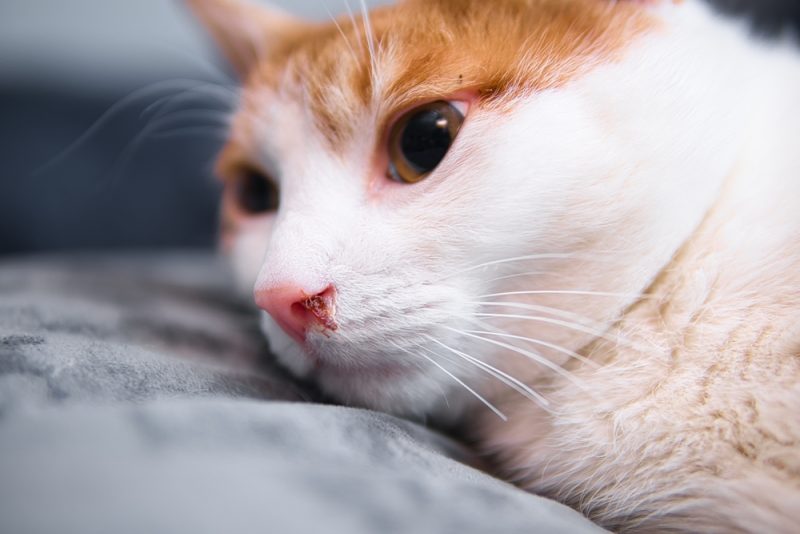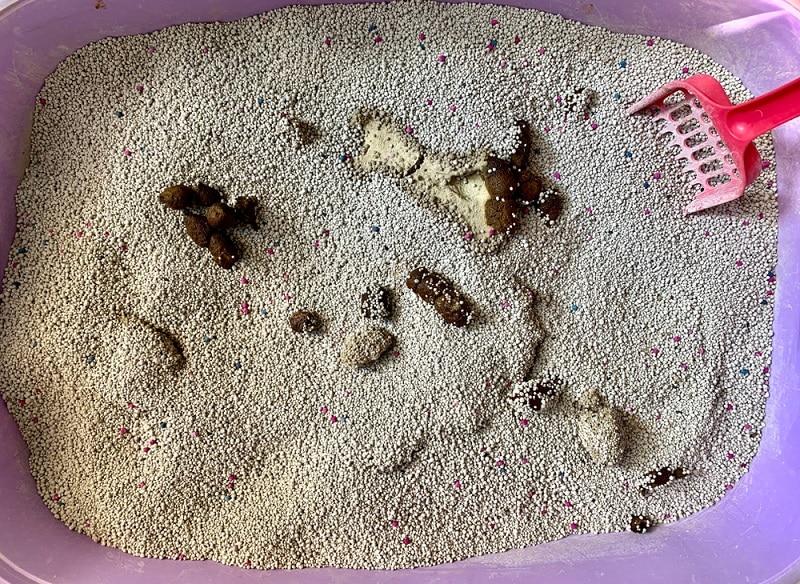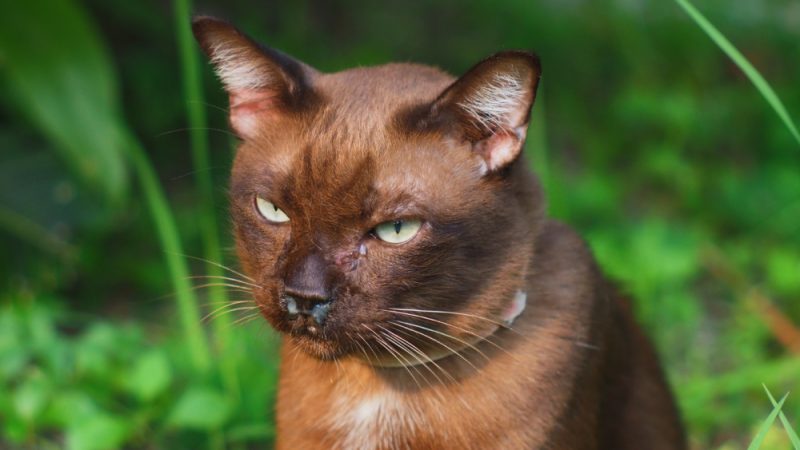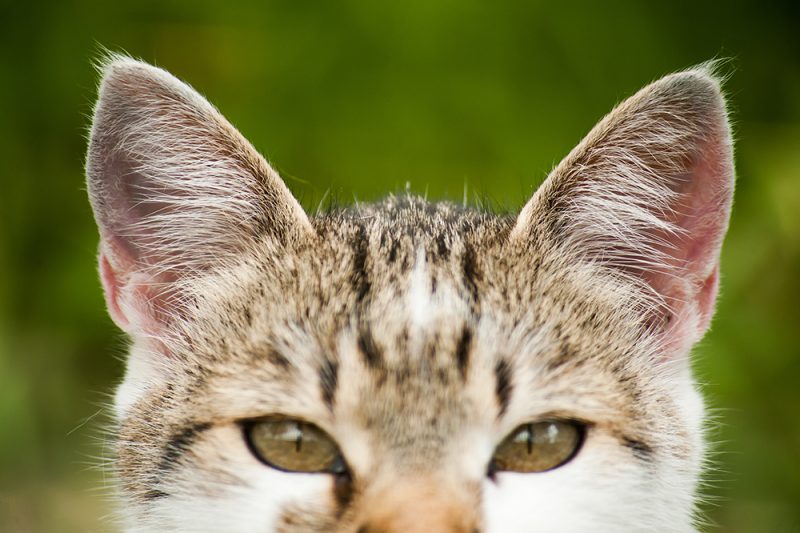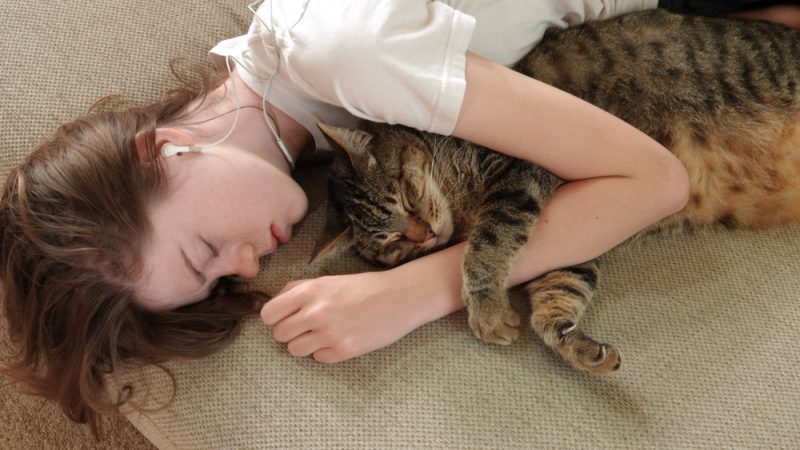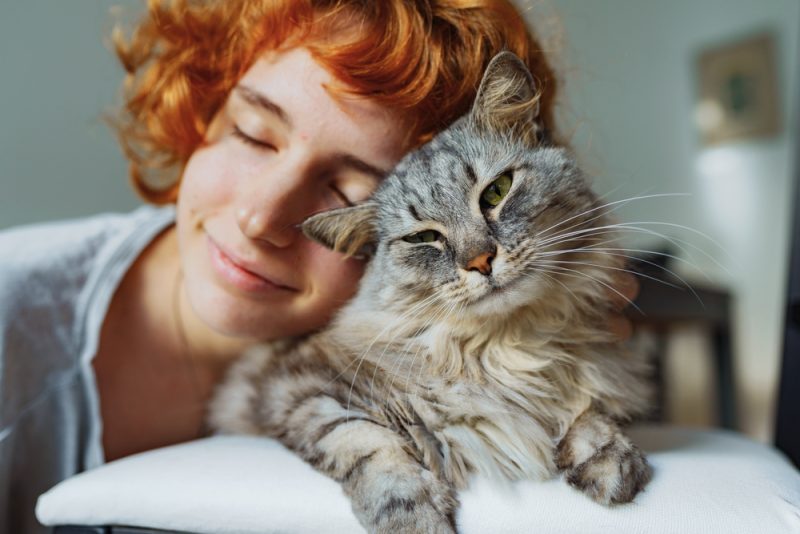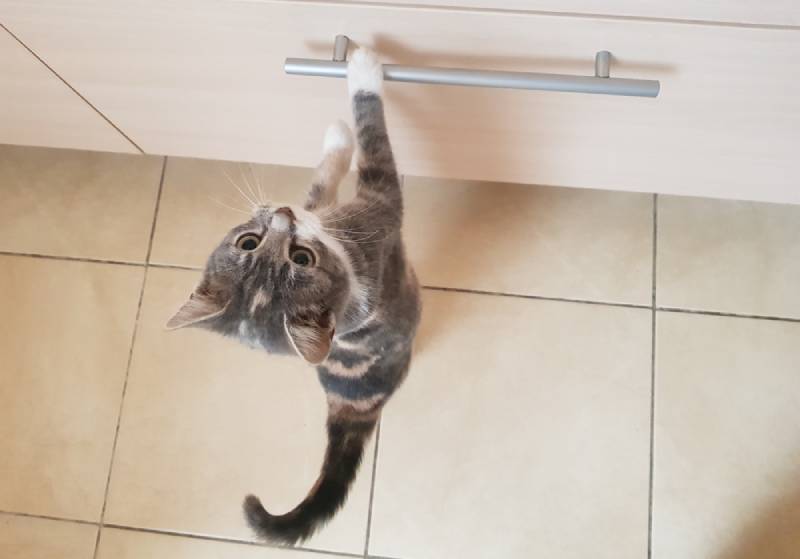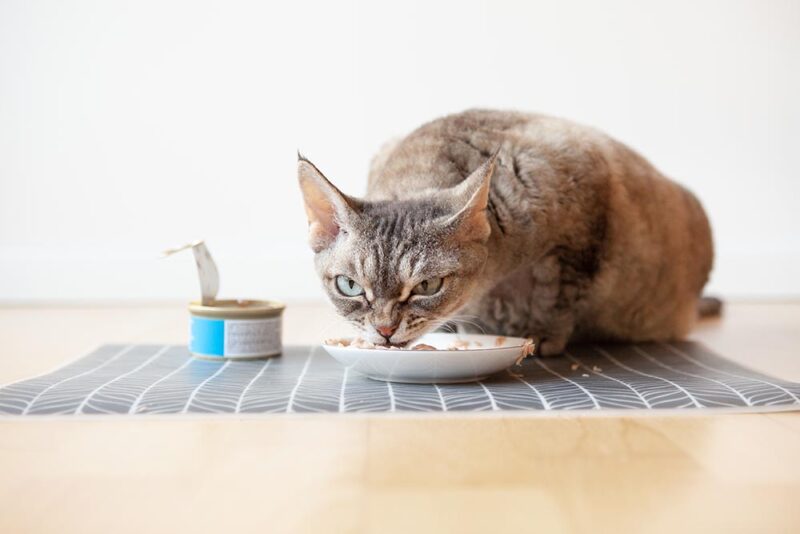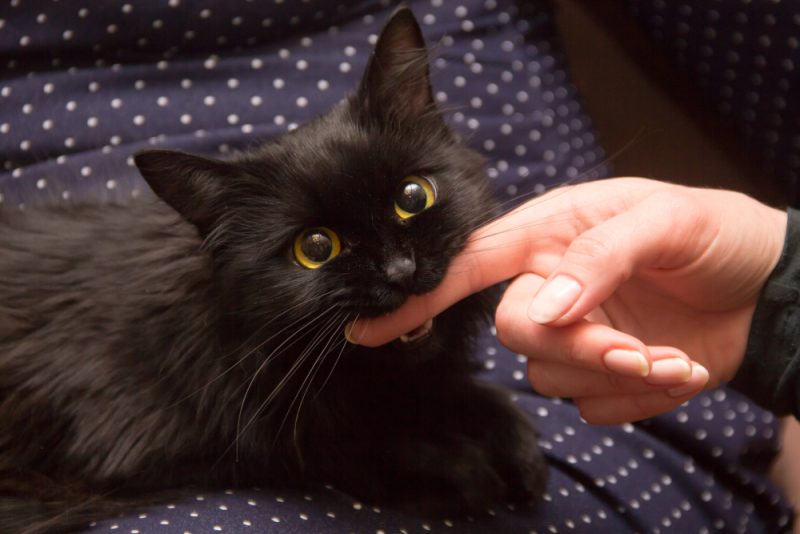If you notice your cat sneezing blood, it should be a cause for concern. Cats can sneeze blood for many reasons: blocked nasal passages, nosebleeds, cancer, bacterial infections, allergies, and dental problems, among others. Even if some causes are less severe than others, it is recommended to contact the veterinarian immediately and schedule an evaluation.
In this article, learn why cats sneeze blood, the clinical signs, and what you can do.

What Causes Cats to Sneeze Blood?
There are multiple reasons a cat may be sneezing blood, some being more severe than others.
- Nosebleeds (epistaxis), which can result from trauma to the head, cancer, hypertension, or obstruction with foreign bodies
- Dental problems
- Poisoning with human anti-inflammatory drugs (NSAIDs), as these can interfere with blood clotting
- Blood clotting disorders
- Poisoning with rodenticides
- Respiratory infections
- Allergies
- Autoimmune diseases
When the cat experiences chronic sneezing or nosebleeds and does not eat, it is necessary to contact a veterinarian as soon as possible.
If you need to speak with a vet but can't get to one, head over to PangoVet. It's an online service where you can talk to a vet online and get the advice you need for your pet — all at an affordable price!


What to Do If Your Cat Is Sneezing Blood
If your cat is sneezing blood, you’ll need to act quickly and contact the veterinarian as soon as possible. Before going to the vet, try to stop the bleeding if it is severe. You can do this by applying a cold compress or ice pack to the bridge of your cat’s nose. If your cat won’t stand still or is struggling, skip this step, and take them to the vet immediately. Keeping your cat calm will help slow or stop the bleeding. You can do this by moving your pet to a quiet and comfortable environment, where there are no stressors.
You should not try to treat the condition yourself at home or administer any kind of medicine without talking to the veterinarian first. Depending on the cause of the blood sneezing, the vet will institute the appropriate treatment (antibiotics, antifungals, foreign body extraction, etc.).
If your cat sneezes frequently but there’s no blood and they otherwise behave normally.
- Vacuum regularly to keep your cat’s environment free of dust and other irritants.
- Use an air purifier to reduce airborne allergens.
- Clean your cat’s litter box regularly, and use cat litter that is not strongly scented and does not create dust.
- Use a saline spray (recommended by the vet) or solution to clean your cat’s nose.
- Give your cat fresh water daily. If they are not big water drinkers, get a water fountain, or place several water bowls in the house, especially in the areas where your cat likes to relax.
- Make sure your pet eats and drinks normally. Otherwise, contact the veterinarian as soon as possible.
- Monitor your cat closely for any changes in their behavior.
- Take your cat to the vet if there are other clinical signs.

Clinical Signs That May Occur With Sneezing Blood
The clinical signs that may occur in addition to your cat sneezing blood will vary depending on the condition and may include:
- Yellow-green or transparent discharge from the nose
- Coughing
- Fever
- Watery eyes
- Breathing with difficulty
- Wheezing
- Bad breath
- Impossibility eating
- Low appetite
- Weight loss
- Nervous signs in case of poisoning
- Convulsions
- Collapse
If your cat is also showing any of these clinical signs, take them to the vet immediately.

Diagnosing and Treating a Cat That Is Sneezing Blood
To diagnose your pet, the vet will ask several questions about your cat’s medical history and other factors that may help establish a correct diagnosis, such as whether your cat has ingested rat poison or human medications. After these queries, the vet will perform a general physical examination and recommend blood and urine tests, X-rays, abdominal ultrasound, or other diagnostic tests (e.g., FeLV/FIV testing).
- Surgical interventions (removal of a foreign object, removal of a tumor)
- Dental procedures
- Medication (antibiotic, antifungals, anti-inflammatory, etc.)
The sooner the vet intervenes, the better the prognosis can be.
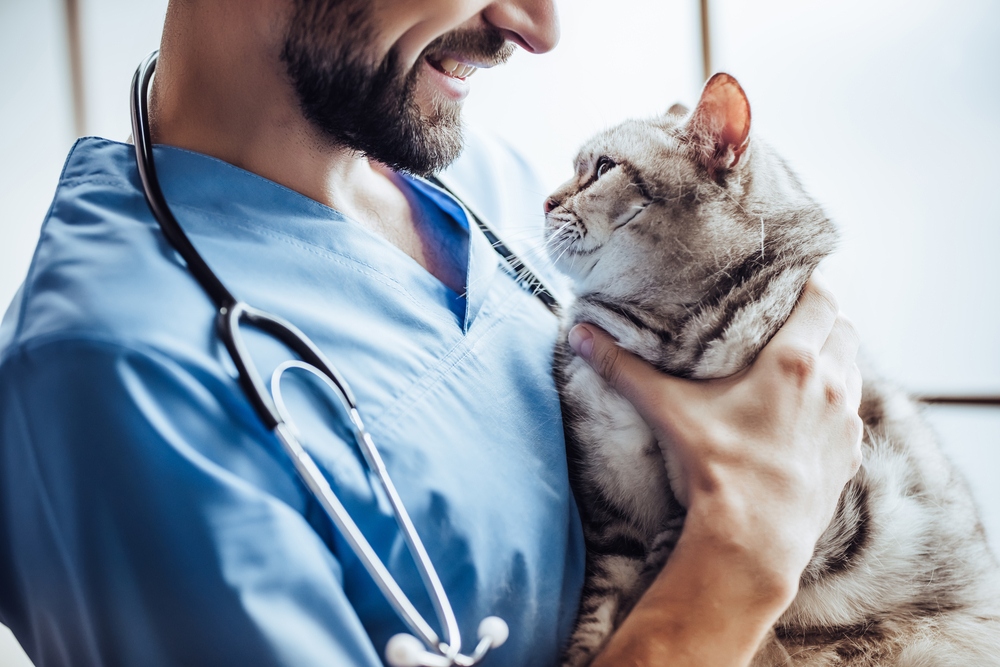

Conclusion
A cat sneezing blood can occur for many reasons. The most common are hypertension, allergies, airway obstruction, cancer, dental disease, respiratory infections, head trauma, or poisoning with rodenticides or anti-inflammatory drugs for human use. In addition to sneezing blood, you can observe the following clinical signs: lack of appetite, weight loss, green discharge from the nose, watery eyes, breathing difficulties, or nervous signs (in case of intoxication).
If your cat sneezes blood and shows other clinical signs, take them to the vet as soon as possible. Sooner is better for your pet! Following a physical examination and additional testing (blood and urine tests, X-rays, ultrasounds, etc.), the veterinarian will be able to determine the cause that led to the bloody sneeze and administer the appropriate treatment.
Featured Image Credit: Kamil Zajaczkowski, Shutterstock
